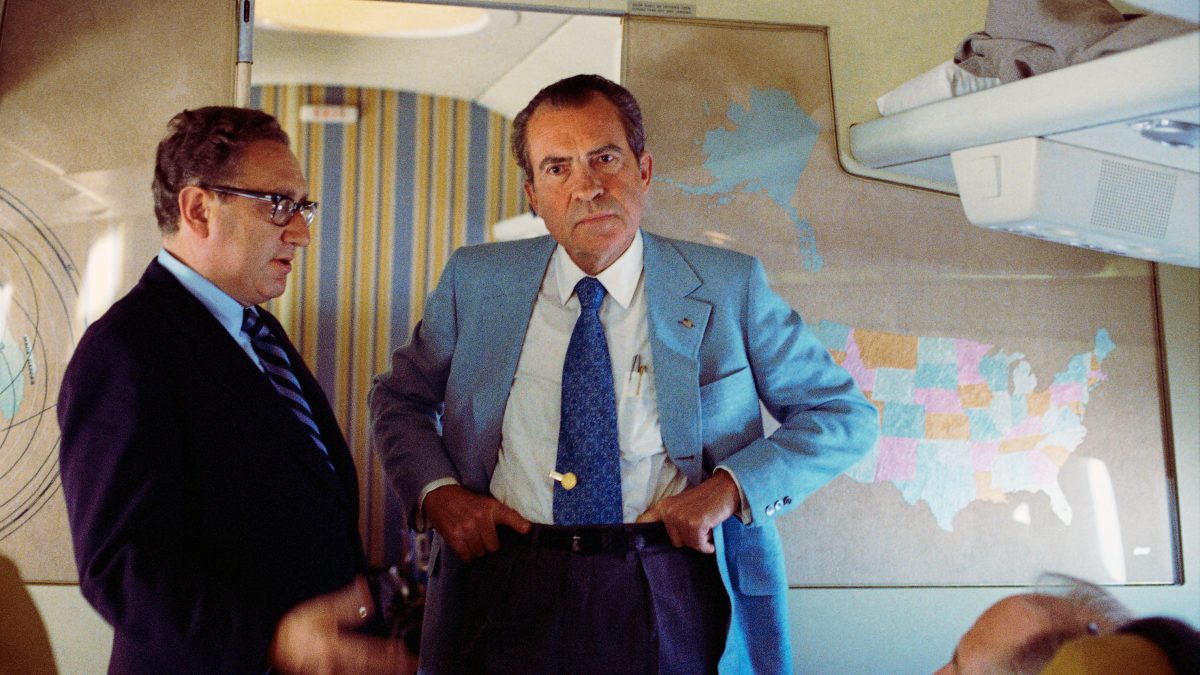

India's relationship with the United States, while currently strong, has a history punctuated by periods of tension and "bullying". The present-day scenario, with the U.S. imposing sanctions on Indian companies involved in trade with Iran and Russia, and threats of increased tariffs due to India's import of Russian oil, echoes past instances where the two countries found themselves at odds. However, India's foreign policy has historically been characterized by strategic autonomy and a determination to safeguard its national interests.
For decades after India's independence in 1947, relations with the U.S. remained "detached," even strained at times. During the Cold War, India's non-aligned stance and its growing relationship with the Soviet Union often placed it on the opposite side of the geopolitical spectrum from the U.S.. The U.S.'s tilt towards Pakistan, particularly after Pakistan joined the Baghdad Pact (later CENTO), further complicated matters.
Several events contributed to the periodic souring of relations. India's first nuclear test in 1974 led to sanctions from Canada and increased scrutiny from the U.S. regarding nuclear non-proliferation. The Nixon administration's support for Pakistan during the 1971 Indo-Pakistani War also had a chilling effect. Even the Bhopal gas tragedy in 1984 highlighted a lack of cooperation between the two nations.
Despite these challenges, India has consistently asserted its right to an independent foreign policy. This approach, rooted in its history of non-alignment, has evolved into what is now termed "strategic autonomy". Strategic autonomy allows India to pursue its national interests without being dictated by any single country. This has been evident in several instances:
The recent sanctions on Indian companies and the threats of increased tariffs highlight the ongoing challenges in the U.S.-India relationship. These actions are perceived by some as the U.S. attempting to "bully" India into aligning with its foreign policy objectives. However, India has responded firmly, asserting its sovereign right to make its own decisions.
Several factors will shape the future of U.S.-India relations:
In conclusion, while the U.S. and India have built a strong partnership in recent decades, disagreements and instances of perceived "bullying" are not new. India's commitment to strategic autonomy and its growing economic and geopolitical influence suggest that it will continue to navigate these challenges while prioritizing its national interests.